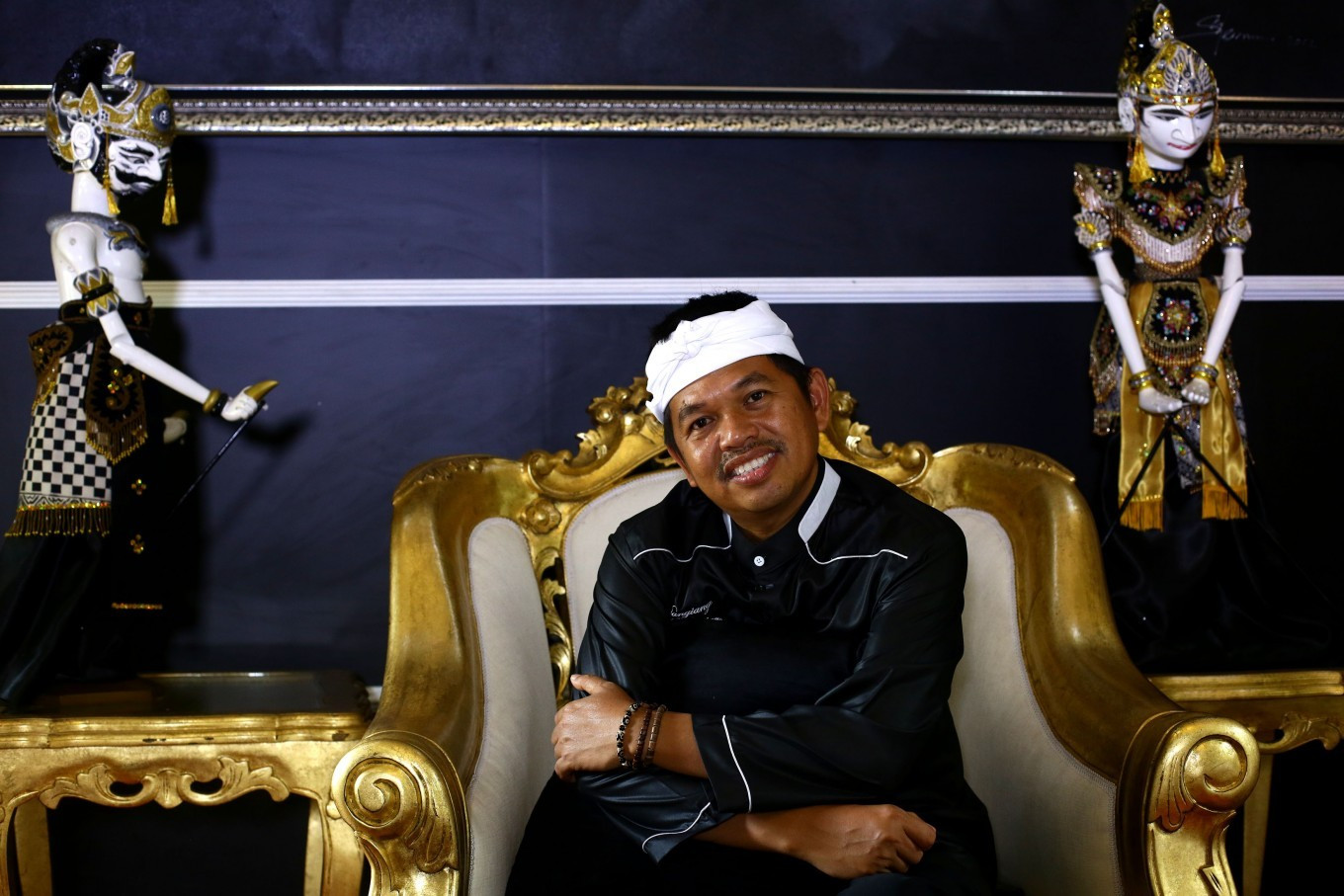News
Militaristic approach: Dedi’s problematic solution
Tenggara Strategics May 21, 2025 Dedi Mulyadi.
Dedi Mulyadi.
West Java Governor Dedi Mulyadi has made headwinds across the nation after launching a controversial initiative to send delinquent youth to military bootcamps as part of a large-scale re-education effort in the region. Since the announcement of his plan early this month, around 270 “misbehaving” students have been sent to Indonesian Military (TNI) barracks in Bandung and Purwakarta.
Dedi introduced his plan in earnest, claiming that the program is meant for youth who have reached a borderline-criminal level of deviance and whose families have given up on rectifying their behavior. He hopes that the program can instill discipline in the young individuals upon their return from the bootcamp.
Criticism came rushing from all fronts ranging from experts, rights activists and concerned citizens alike. Child development experts have warned that the initiative may create lasting psychological impacts for those admitted. The discipline that may come about after the bootcamp would merely be a product of fear, rather than genuine character building. Moreover, it is uncertain whether any meaningful character change would be long-lasting since students can return to their troublesome ways once they depart from the military camps.
The National Commission on Human Rights (Komnas HAM) has also criticized the governor’s use of the military in education. “It is not the TNI’s authority to conduct civic education,” said chairwoman Atnike Nova Sigiro. Several observers have echoed this statement due to the nature of militarism that places conformity and discipline above all, a top-down approach that erases the aspects of individuality and critical thinking needed to promote a child’s overall development.
Civil rights groups and West Java residents have since filed complaint reports on Dedi to the Komnas HAM, protesting the implementation of the program. The Indonesian Legal Aid Foundation for Education (LBH PI) echoed similar concerns that the philosophy of education, should be focused on helping children “become more humane, to explore their potential and talents,” said executive director Rezekinta Sofrizal. Meanwhile, other reports by residents have cited fears over the possibility of intimidation and physical violence that students may face inside the barracks.
Criticism over potential human right violations unfortunately loses any rhetorical efficacy when the state body meant to oversee the country’s human rights conditions speaks in favor of the program’s continuation. Human Rights Minister Natalius Pigai claims that West Java has every right to send misbehaving students to military bootcamps since they will not suffer from any form of corporal punishment. The minister went as far as urging for a nation-wide adoption of the program.
Dedi changed allegiance from the Golkar Party to the Gerindra Party, which was founded and is led by President Prabowo Subianto, in order to contest the gubernatorial race last November.
Amid growing criticism and complaint reports, Dedi has doubled down on his military solution, wanting to expand the program beyond youth to petty criminals and misbehaving adults. Notably, he suggested that enrolled adults with families would work for compensation, with payments sent directly to their families. If implemented, however, the governor must be careful that the initiative does not cross the line from promoting discipline to enforcing forced labor.
Conversely, his Jakarta counterpart, Pramono Anung, has denounced any plans of replicating the West Java initiative in the capital city. “Jakarta is Jakarta. Jakarta will not imitate other regions,” said the governor. Since taking over the governorship in February, Pramono of the Indonesian Democratic Party of Struggle (PDI-P) has taken a more social approach to curbing unrest amongst the youth, most notably through initiatives like keeping parks accessible overnight and extending the opening hours of city libraries. Whether or not these initiatives will lead to a decrease in delinquent behavior is to be seen.
Dedi’s military solution comes after previous instances of the entry of military personnel into higher education institutions across the country, widely seen as a growing effort to intimidate students and limit their freedom of speech.
The growing presence of the military in day-to-day life has sparked worries across the nation since President Prabowo took office. The military has gained the ability to hold additional civilian posts, high-ranking officials are holding board positions in state-owned companies, military personnel have been spotted administering national government programs and now they hold responsibility over the education of our youth.
Dedi is no innovator. He is simply emulating Prabowo as the military continues to establish its footing in civil society.
What we've heard
A politician from West Java said Dedi’s idea to send delinquent children to military barracks was initially implemented in Purwakarta, where the governor served as regent for two terms. According to this source, the regency was chosen to mitigate possible resistance to the policy.

